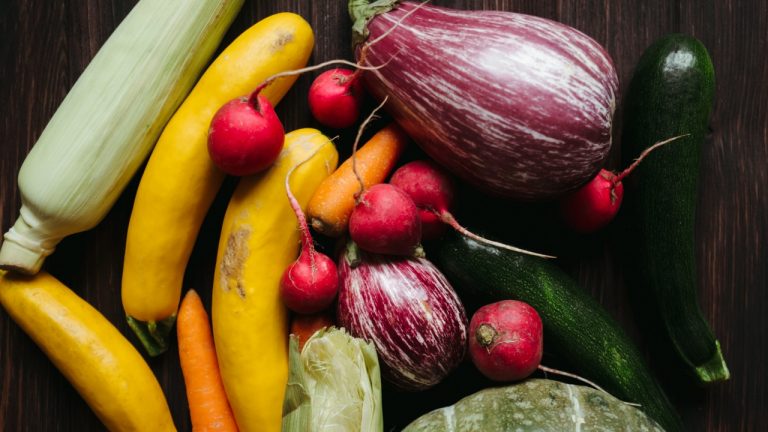What is the Nutritional Value of Reindeer Blood?

Reindeer blood is a traditional food source in some Arctic regions, and it is considered to be a nutrient-dense food. However, specific nutritional values can vary depending on the region, the diet and age of the animal, and the method of preparation.
In general, reindeer blood is a good source of protein, iron, and B vitamins, including vitamin B12, which is important for red blood cell production and nerve function. It also contains trace amounts of other minerals and vitamins.
Traditionally, reindeer blood is consumed either fresh or cooked, often mixed with other ingredients such as milk, berries, or barley flour. In some cases, it is also consumed in the form of a frozen blood cube, which can be thawed and used as a seasoning or ingredient in other dishes.
While reindeer blood can be a nutritious food source, it is important to note that it may also pose some health risks, particularly if consumed raw or undercooked. Raw reindeer blood can potentially contain harmful bacteria, such as E. coli or Salmonella, which can cause foodborne illness. As with any food, it is important to ensure that reindeer blood is properly prepared and cooked to minimize these risks.



